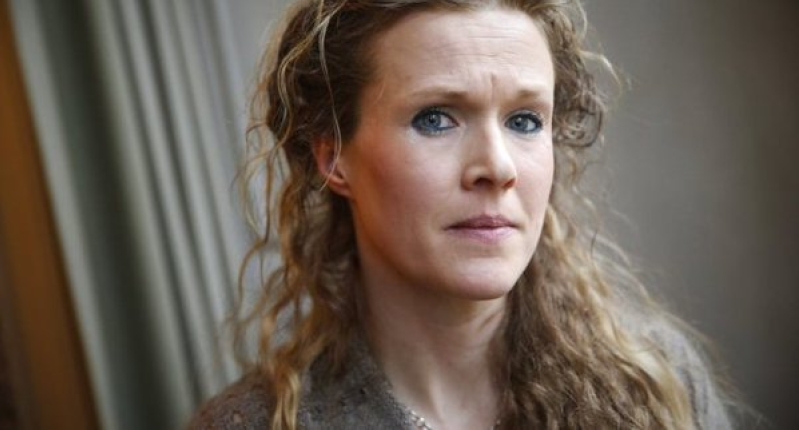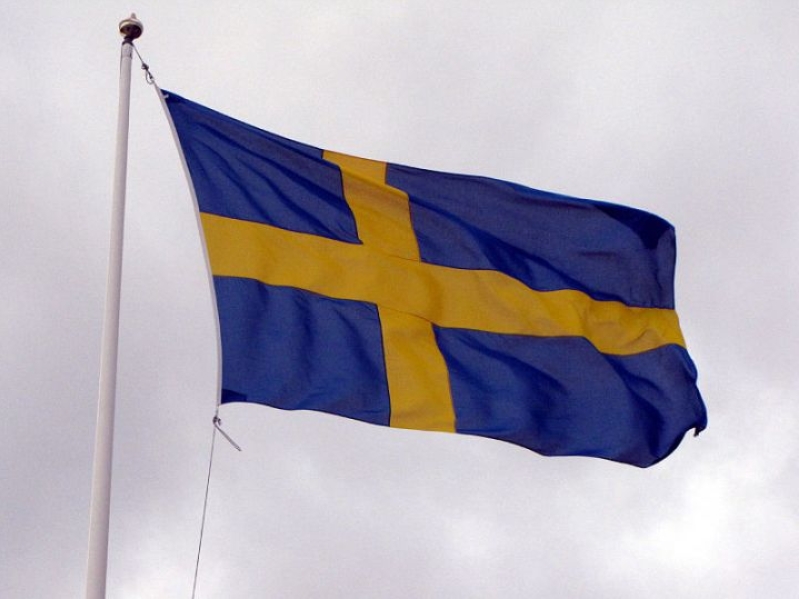

Sweden is supposed to be a country that respects freedom of religion. Freedom of religion is even written into their federal constitution. But this fact about the country's federal law doesn't seem to matter to at least three medical facilities and the Swedish court in connection to a Swedish midwife named Ellinor Grimmark.
The newly graduated midwife was told by three different facilities that if she did not agree to perform abortions, that she would not be able to obtain or retain employment with those facilities. It didn't matter that the country is experiencing a shortage of midwives, nor did it matter that Grimmark had agreed to even work double shifts when these facilities needed it.
Grimmark posed a rather haunting question in a statement that she released on Thursday: "As a midwife, I want to exercise a profession which defends life and saves lives at all cost. Are healthcare practitioners in Sweden to be forced to take part in procedures that extinguish life, at its beginning or final stages? Somebody has to take the little children's side. Somebody has to fight for their right to life. A midwife described to me how she had held an aborted baby in her arms, still alive, and cried desperately for an hour while the baby struggled to breathe. These children do not even have a right to pain relief. I cannot take part in this."
When Grimmark took the religious discrimination to court, the Swedish court actually ruled against the country's own Constitution in connection to each of the three medical facilities and Grimmark's religious freedom. She had to move out of the country in order for her religious convictions to be respected if she wanted to work in her profession, so she now works and lives in Norway.
It's easy to dismiss this particular incident as simply being related to a post-modern Christian nation. It's even comfortable to do so until a few other media items are considered that illustrate that the whole notion of abortion is connected to a much bigger agenda.
Back in 2009 around the time of the Copenhagen climate change conference, China's vice minister of National Population and Family Planning Commission of China (NPFPC), Zhao Baige, was reported as saying the following: "Population and climate change are intertwined, but the population issue has remained a blind spot when countries discuss ways to mitigate climate change and slow down global warming."
So the reason for China's forced abortions is not limited to just population control. It is actually a part of the humanistic climate change agenda. Interestingly, China has one of the highest CO2 emissions in the world in spite of those forced abortions.
In a report that hits much closer to home, Reggie Littlejohn, President of Women's Rights Without Frontiers and advocate for human rights in China wrote a chilling open letter to Vice President Biden back in 2011 regarding Biden's comments and apparent affirmation for the one child policy of forced abortions:
"Dear Vice President Biden:
I write concerning the remark you made Sunday during your official visit to China: 'Your policy has been one which I fully understand -- I'm not second-guessing -- of one child per family.'
By your own admission, then, you 'fully understand':
That China's One Child Policy is enforced through forced abortion and involuntary sterilization;
That, because of the traditional preference for boys, girls are disproportionately subject to abortion, abandonment and infanticide;
That because of this gendercide, there are an estimated 37 million more males than females living in China today;
That this severe gender imbalance is a powerful, driving force behind human trafficking and sexual slavery from nations surrounding China;
That according to the World Health Organization, China has the highest female suicide rate of any country in the world. Approximately 500 Chinese women kill themselves each day. Could this extraordinary suicide rate be related to the trauma of enduring a forced abortion or forced sterilization?
Since you 'fully understand' this, how can you then state that you do not 'second-guess' this policy, which causes more violence to women and girls than any other official policy on earth? I understand that you have several children. Would you 'second-guess' this policy if it were the law of the United States? Can you imagine the devastation if it were your own wife being dragged away to forcibly abort your children? Families in China endure this every day. Is such a policy acceptable so long as it does not affect U.S. families, but only Chinese families?
Or do you agree with CNN's Ted Turner, and with Norman Fleishman, the former Planned Parenthood executive, both of whom have stated that the United States should adopt the One Child Policy?
To say that you 'fully understand' and yet do not 'second-guess' the One Child Policy is to turn a blind eye to the incalculable suffering caused by this policy. If you disagree, please issue a statement clarifying your remarks. Otherwise, why should we not conclude that for you, forced abortion, forced sterilization, infanticide and gendercide are acceptable forms of population control?
If you truly wish to 'fully understand' forced abortion in China, watch this four minute video: www.womensrightswithoutfrontiers.org/blog/?p=219
I, too, 'fully understand' the coercive enforcement of China's One Child Policy. It is an atrocity that must be abolished from the face of the earth."
Expert Steven W. Mosher has been rather outspoken in debunking the notion that climate change and overpopulation are connected. Mosher is the president of the Virginia-based Population Research Institute (PRI). Another area of expertise for him is China's one-child policy. He coauthored an interesting book about the Climategate scandal several years ago and Senator James Inhofe's discovery of cooked books in connection to climate change information.






